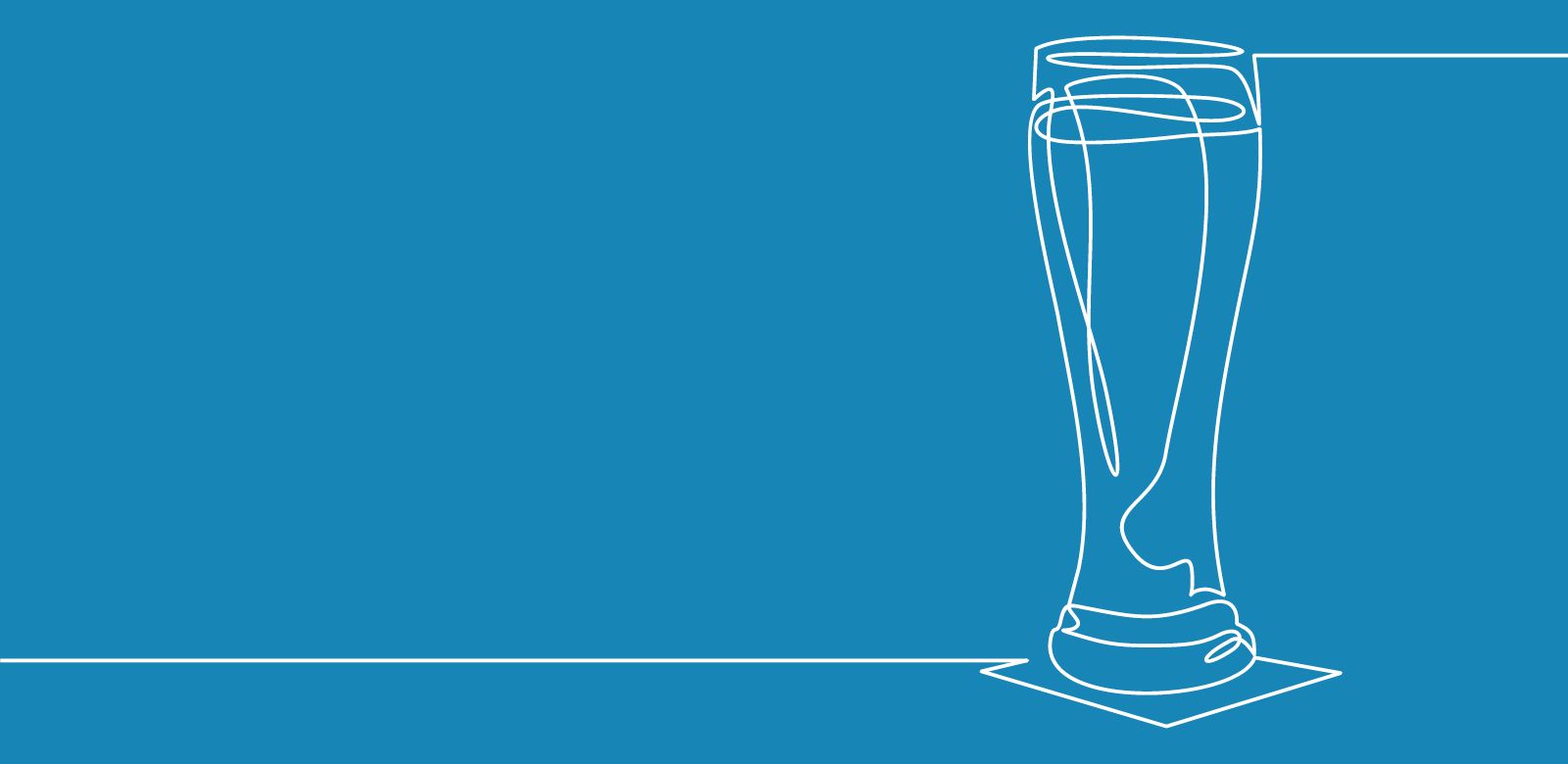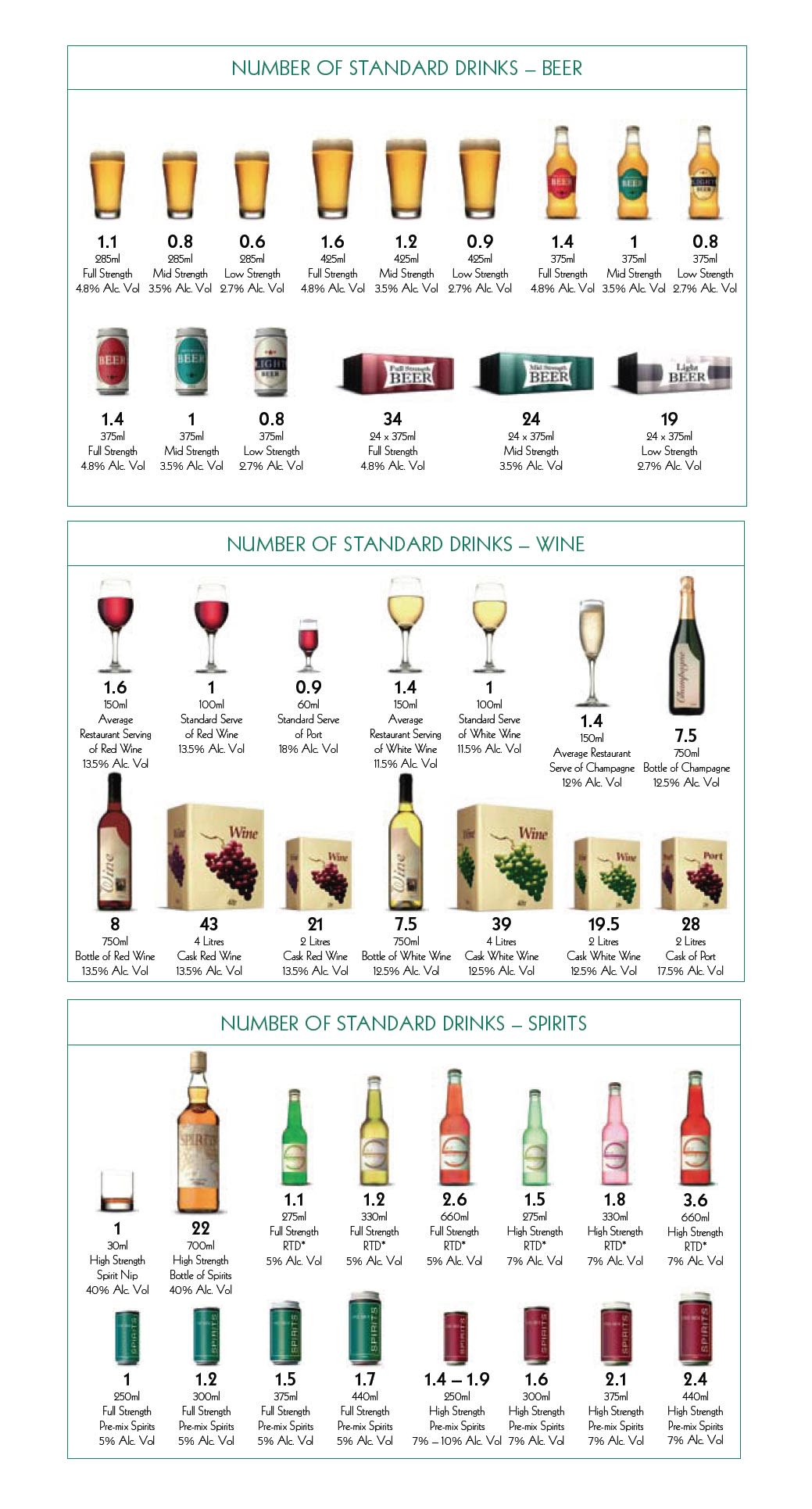Alcohol and Drug Use

Often people choose substances they feel may somehow assist them for the short term, such as to increase pleasure, or to decrease emotional or physical pain, or to gain a sense of belonging socially. Alcohol and other drugs act by either depressing or stimulating the central nervous system, which seems to provide people with predictable and effective ways to change how they feel.
At some point, you may have concerns about the use of alcohol or other drugs by yourself or someone you know. It is often frightening to consider the possibility of a serious problem. A natural first reaction to such fears is to ignore them or to deny that anything could be wrong. But if you want to find out more ... read on!
Any person can develop problems related to substance use. Having a close relative, such as a parent or sibling, who has a problem with drugs or alcohol can increase your risk. Being closely involved with someone, such as a family member, spouse, or friend, who displays addictive behaviour can also lead to emotional conflicts and subsequent problems in managing relationships and getting along with others.
It is important to remember that you have choice when you encounter situations involving alcohol or other drugs. The choices you make can affect your relationships, work or academic performance, your chance of contracting a sexually transmitted disease or developing other acute or chronic physical health problems, or even your chances of getting in trouble with the law. Prepare yourself to make informed decisions.

What are the signs that you might have a problem with substance use?
- Increased frequency of use.
- Loss of control over frequency, duration and/or amount of use.
- Drinking or using when you don’t want to.
- Having difficulty meeting responsibilities (i.e., appointments, work, study, relationships, finances).
- Interferes with normal life activities (i.e., relationships with family, socialising with friends).
- Feel sick or moody without the substance, but feel normal upon resuming use.
- Increased spending on the substance of choice.
- Personality changes noted by self or others.
- Getting into risky/dangerous situations.
- Other people express concern about your use/behaviour.
- Legal trouble (i.e., driving under the influence).
When substance use becomes problematic you may experience:
- Loss of friends (except other substance users).
- Reduction or loss of libido.
- Extreme mood swings (often anger, depression).
- Loss of memory for times when you are under the influence.
- Uncomfortable withdrawal symptoms when not using.
- Loss of energy and problems with general health and wellbeing.
- Increasing difficulty in believing own denials and excuses.
Behaviours that may indicate a serious problem include:
- Involvement in crime to support drug use.
- Lying about substance use to family and friends.
What to do if you have a problem
If in reading this you have become aware that you have a substance problem, or if you already knew it, then you may want some strategies to help reduce or replace your substance use.
Firstly, it’s a good idea to have some understanding about why you have become reliant on substance use. You may be trying to meet a particular need, or needs, by using a substance. For example, substances may be used to help with relaxation, increase self-confidence, pass the time or relieve boredom, escape from problems, avoid unpleasant tasks, cope with painful feelings or memories, or simply because it has become a habit. Once you identify what need or needs the substance is meeting, then you can find other ways to meet those needs.
Secondly, you need to identify when, where, with whom, and the amounts of substance(s) involved. Substance usage habits generally develop over time, so expect that it will take time to form new habits and alternatives that feel satisfying and effective.
It may also be advisable to get professional advice prior to cutting down or stopping use, as suddenly stopping use of some substances (e.g. alcohol and benzodiazepines), can be physically dangerous and withdrawal symptoms from some substances (e.g. opioids), can be unpleasant and severe.

Strategies to reduce use

Preparation
Plan your use:
- Think ahead and set limits on how often and how much you use.
- Have 1-2 non-consecutive ‘substance-free’ days per week.
Plan how you will manage during difficult times:
- Initially you may need to avoid certain people or situations.
- Identify what you will do instead.
- Write down why you want to cut down or stop and remind yourself often.
- Make your plans known to a support person (one who does not take substances).
- Place your plan in a prominent place, such as your fridge.
- Be aware of when you are most likely to crave the substance.
- Remind yourself that cravings are a normal part of cutting down – the less you give in to them the weaker they become.
Acceptance
- When you get the URGE to have a substance, STOP and stay where you are.
- Notice the URGE to have the substance. Can you locate the sensation(s) in your body? Are you feeling a specific emotion? Which thoughts or images (about your substance use) preceded the URGE to have the substance?
- Try to ACCEPT any sensations, feelings, thoughts – let them be there, even if they are unpleasant. Stay in the present moment. Understand that the URGE is a conditioned response and it will pass quickly when you just ACCEPT and OBSERVE what is happening WITHOUT REACTING. Say something positive to yourself: “I want to be able to resist this URGE, if I just stay with it I’ll be OK.”
- When the URGE has passed … congratulate yourself, visualise yourself successfully carrying on and enjoying the benefits, then return to whatever you were doing.
Delay, Distract, Decide
- Set yourself a time to delay your response to a craving (30 or 60 minutes). The craving will Pass!
- DO something to distract your thoughts and attention while you are waiting for the craving to pass.
- Decide NOT to give in to the craving after the time you have set for distraction has passed. Remind yourself of the advantages of stopping alcohol and/or other drug use, the disadvantages of beginning to use substances again, the reasons that you want to stop and your life goals.
Concern for others

If you are concerned someone is being negatively affected by alcohol or other substance use, you can provide support and information IF the person is open to this. However, it is critical to be aware that lasting behavioural change usually requires a strong and ongoing commitment from the person that you are concerned about.
Helpful things to consider
- Talk to the person about your concerns, (if it is safe to do so).
- Be aware that the person may try to minimise their substance use, change the topic, joke about their use, or suggest their use is no worse than anyone else’s.
- Talk to the person as if you were holding up a mirror, allowing them to see what you see – “I have noticed you have been missing classes…”, “… not doing as well as what you seem capable of …”
- You can access professional assistance in order to appropriately plan what you want to say to the person that you are concerned about and to obtain pamphlets on alcohol and/or other drug use.
- Provide information on counselling assistance and material on alcohol and other drug use. You may choose to leave these in a place where the person can look at them if s/he chooses rather than directly discussing these options.


